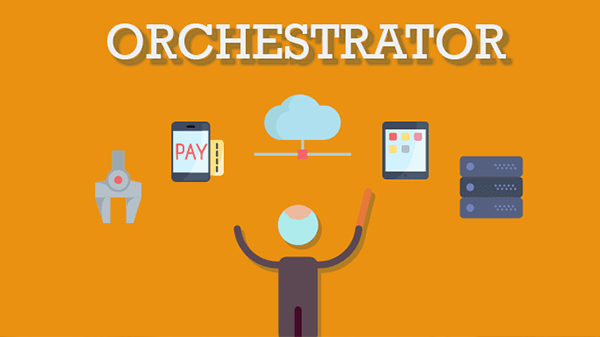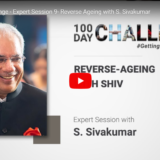From Gatekeeping to Network Orchestration

Isn’t it better for the unconnected poor to access directed Internet for free rather than have no access to the Net at all? Is the outcry against Internet.org (since renamed “Free Basics”) just an ideologically purist position, or will the initiative actually fracture the Internet? Should one move beyond this debate of “whether it will serve the intended purpose” to “what will make it work”?
Outcry against Internet.org
“Can the electricity provider decide which brand of refrigerator you will buy?” thundered a friend, the other day! “Telecom carriers are utility, they can’t take away the consumer right to choose which sites they want on the Net”, she argued. “Content provider paying termination charges is a much surer way for the telcos to monetize Internet usage, than getting the consumers to pay for the bandwidth. Therefore the garb of philanthropy”. “We can’t let much of the Internet become a Private App Store; there are neutral ways of providing free Internet”.
To be fair, Facebook said…
“…because local carriers can’t afford to offer free Internet access, the program is designed only to serve as an onramp for users to the broader Internet.” “Internet.org is not a gatekeeper and is open to all developers: The platform is an open program that lets developers easily create services and gives people choice over the free basic services they can use.”
Everyone agrees there’s a need to expand the Net access
Despite the recent rise in mobile usage, India and other emerging economies lag way behind in the penetration of Internet usage. Any initiative to lower the cost of Internet and the cost of accessing relevant content is of great value. Digital connectivity empowers people, especially those at the margin, in enhancing their livelihoods.
However, principles of net neutrality must not be compromised while expanding access to the Internet.
There is, in fact, a bigger context that demands broadening the scope of “basic” services.
Imperative of building meta-markets for the poor, and the need for an orchestrator
Information was, is, and will be power! Only more so in a hyper-connected knowledge economy. Connectivity that provides access to information and know-how is indeed empowering for the poor. However, that is only one part of the orchestra. Poor’s ability to access physical markets for their production inputs and for selling output is also quite constrained. If the physical aspects are not solved for, information alone doesn’t help raise their incomes.
The ITC e-Choupal experience shows us the value of an end-to-end ecosystem and the importance of an orchestrator. Besides providing access to information and knowledge free of cost, ITC e-Choupal created a meta-market for physical and financial inputs to raise farm productivity, augment natural resources like water, supplement income through livestock development etc. and truly empowered the rural communities. And to close the loop, ITC set up an agri produce buying system in parallel, in competition with the other options available to the farmer.
Let a thousand flowers bloom!
To my mind, initiatives like Internet.org should expand the coalition of partners that will help in providing such end-to-end solutions in competition with other such coalitions. If multiple meta-markets become the new norm, and information and knowledge are made available free by everyone, continuous innovation will be spurred to design even better services for the benefit of the poor.
A responsible orchestrator dilutes its own inherent “gatekeeping” power by creating a reciprocal dependency with the communities they serve. Where widening the provider choice helps the community, the revenue model of the orchestrator should be aligned with that structure; on the other hand, where an aggregated demand must be channelized to a few providers to make available the services otherwise unviable, the structure should be so.
The obligation of the Governments is to raise consumer awareness and foster competition
Connectivity brings a new responsibility with it. As societies get exposed to such a multitude of information, it would be important to also create awareness so that the poor are not exploited by unscrupulous operators. Otherwise whatever comes on the screen may become the gospel truth for the masses with low levels of literacy and education. These can lead to political and economic exploitation. The answer is not in controlling information but in multiplying awareness.
Governments must ensure that every meta-market conforms to the principles of neutrality and that they are not anti-competitive or market-distorting. Consumers should have the opportunity to decide the winners and losers in the market, no one else.










